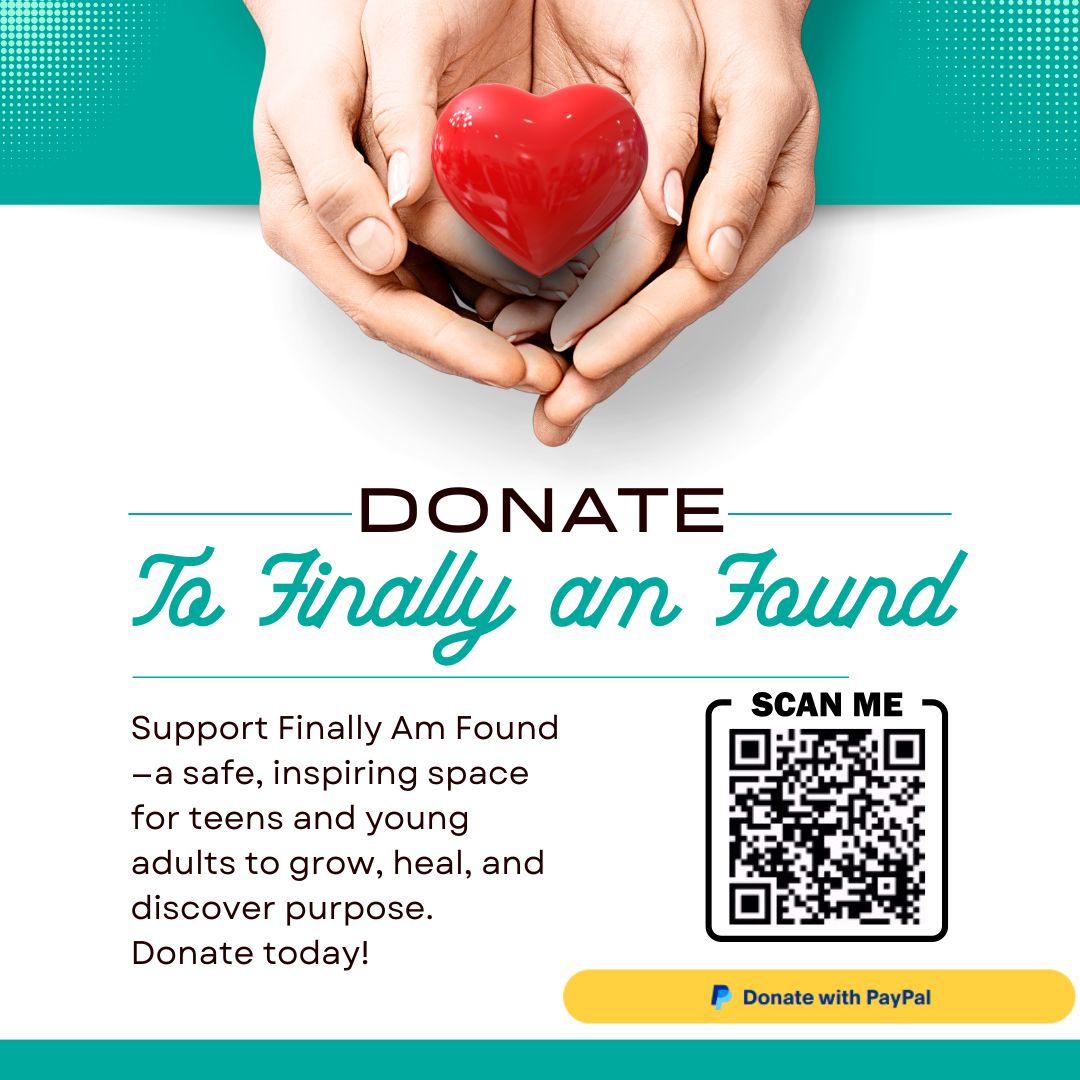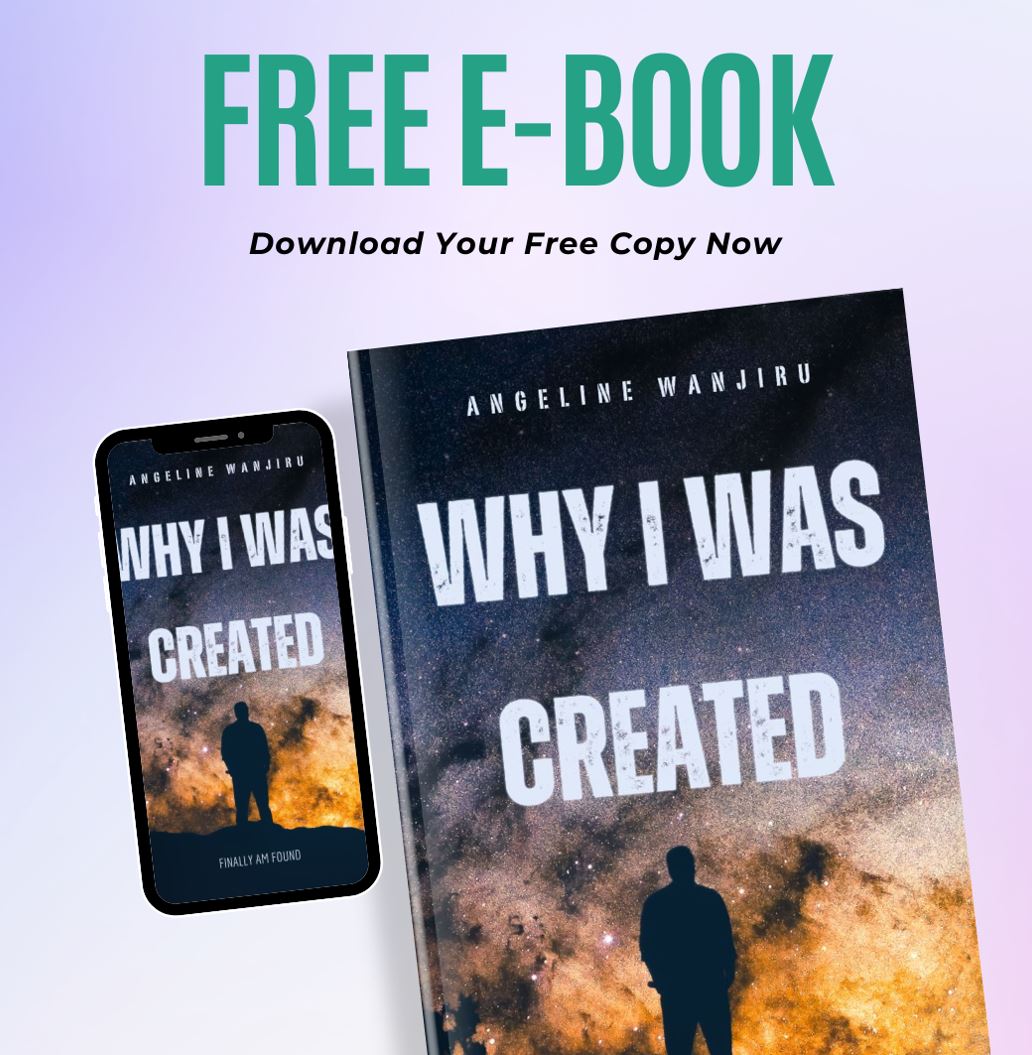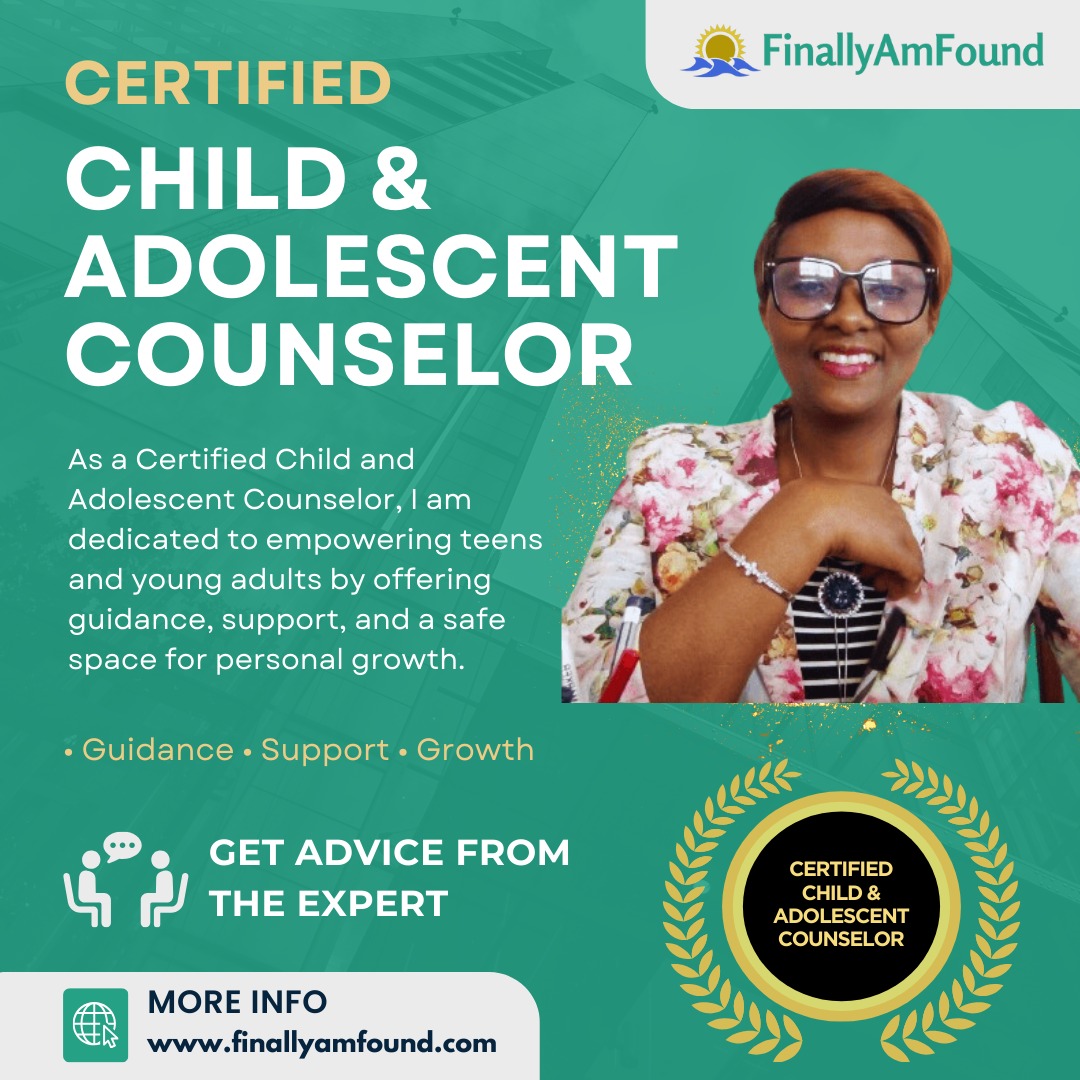Losing Connection
In a world drowning in noise—a relentless cascade of notifications, demanding expectations, and the constant hum of digital chatter—true alone time isn’t just a luxury anymore. It’s becoming an absolute necessity for your sanity, your clarity, and your very soul.
But what exactly is this “alone time”? Is it the same lonely ache we’ve been discussing, the one that whispers “you’re not enough”? How much is too much, or too little? And does it even have a limit in the pursuit of a vibrant, connected life?
As your youth coach, I’m here to tell you: This isn’t just about stepping away. It’s about stepping into something profound. Let’s explore the meaning, mind-blowing benefits, healthy limits, and crucial balance of alone time—and discover why this ancient practice is the secret weapon you need in today’s hyper-connected, fast-paced world.
What Is Alone Time? (And What It Absolutely Is NOT)
Alone time refers to a conscious, intentional decision to step away from the endless stream of people, noise, and distractions and genuinely spend quality time with yourself. It’s not about isolation, it’s not about running away, and it’s certainly not about rejecting others. Instead, it’s a sacred act of recharging, reflecting, and deeply reconnecting with your innermost self.
Whether you’re journaling at dawn, losing yourself in the peace of nature, seeking God in silent prayer, or simply sitting quietly with your own thoughts, alone time gives you a sacred, unburdened space to breathe, to process, and simply to be.
And here’s the mind-blowing truth you must grasp:
Alone Time ≠ Loneliness
This is paramount. While loneliness is often a painful, unwanted, and isolating emotional state—a void of missing connection—alone time is intentional, chosen, and profoundly refreshing. It’s the deliberate act of filling your own cup, not feeling an empty one. This distinction is the first critical mindshift.
The Game-Changing Benefits of Embracing Solitude
Why should you carve out this precious space? Because the returns are immeasurable:
- A Powerful Mental and Emotional Reset: In the relentless rush, your brain and emotions rarely get a chance to simply be. Alone time is like hitting the reset button. It allows you to process the tangled threads of your thoughts, regulate those swirling feelings, and gain crystal-clear clarity on confusing situations. You can declutter your mental space and find that quiet center again.
- Unleash Personal Growth and Self-Discovery: In the silence, stripped away from external expectations and influences, you discover things about yourself that you often miss in the crowd. This is where you uncover forgotten dreams, bravely confront hidden fears, and honestly reassess your true goals and values. It’s where you find out who you truly are, beyond the roles you play for others.
- Ignite Creativity and Sharpen Focus: Ever wonder where brilliant ideas come from? Many great ideas, breakthroughs, and solutions are born in quiet, uninterrupted spaces. Writers, artists, thinkers, and innovators consistently attest that their best work emerges from solitude. Your brain needs space to connect dots, explore new possibilities, and focus without fragmentation.
- Deepen Your Spiritual Connection: For those of us who are faith-centered, alone time is not just beneficial; it’s vital for deepening our relationship with God. Even Jesus, the Son of God, regularly withdrew to “lonely places” to pray and connect with His Father (Luke 5:16). His example isn’t just a suggestion; It sketches the lines of a balanced and meaningful life. Solitude for spiritual strengthening is where you can hear God’s whispers and align your heart with His.
- Restore and Re-energize Your Entire Being: Especially for introverts, alone time isn’t just nice; it’s how energy is restored. But even for the most outgoing extroverts, pulling back now and then for rest, reflection, and quiet processing prevents burnout and helps you pour from a full cup, not an empty one.
Is There a Limit to Alone Time? (The Balance You Need)
This is the question we briefly touched on, and I want to emphasize it here: there is no fixed, universal rule on how long or how often you “should” have alone time. However, balance is key.
- Listen to Your Rhythm: Some individuals thrive on daily pockets of solitude. Others might feel perfectly fine with just a few moments each week. The secret is to listen intently to your own unique rhythms and inner needs. What truly recharges you?
- When “Alone Time” Morphs into Isolation: Yes, there is a point where too much alone time becomes unhealthy—when it subtly shifts from conscious solitude into unintentional isolation. Watch for these red flags:
- You’re avoiding people out of fear, anxiety, or sadness, rather than a desire for peace.
- You consistently feel more anxious, low, or disconnected after time alone, instead of restored.
- You’re losing interest in engaging in meaningful relationships or social activities that once brought you joy. Remember: Healthy alone time restores. Unhealthy alone time disconnects. The intent behind the time is paramount.
Introverts vs. Extroverts: Understanding Your Energy comprehensive roadmap
Knowing whether you’re an introvert or an extrovert (or somewhere in between) is a game-changer for managing your energy and preventing burnout or unwanted isolation.
- Introverts naturally gain energy from solitude. They often need longer or more frequent alone time to feel their best.
- Extroverts recharge through social interactions, but even they benefit profoundly from alone time to refocus, reflect, and prevent their social batteries from running on empty.
Understanding your natural tendency empowers you to manage your energy effectively and avoid unintentionally withdrawing too much or, conversely, over-scheduling yourself.
Alone Time Through a Faith Lens: Solitude as Preparation
From a biblical perspective, solitude is not just acceptable; it’s incredibly powerful and often depicted as a time for profound spiritual growth. Jesus Himself regularly withdrew to lonely places to pray, seeking connection with His Father and preparing for what was next. Yet, He always returned to the people—to serve, to teach, to heal, and to love.
This is the model for you: Solitude should be preparation, not escape. Your alone time should draw you back to life stronger—more patient, more loving, more focused, and more deeply connected to God’s purpose for your life.
Your Solitude Compass: A Healthy Alone Time Checklist
Before, during, or after your alone time, ask yourself these questions to ensure it’s serving you well:
✅ Thumbs Up Indicators:
- Do I feel mentally or emotionally lighter after my alone time?
- Am I gaining clarity or fresh creativity when I’m alone?
- Is this time helping me reconnect with God, myself, or my core values?
- Am I balancing this solitude with meaningful social or family connections?
❌ Red Flag Warnings:
- Am I using alone time to avoid my problems or avoid people?
- Do I consistently feel isolated, sad, or angry after being alone?
Final Thoughts: You Deserve Your Own Attention (and it’s not selfish!)
Embracing alone time is not selfish. It is the purest form of self-stewardship. It’s you saying, “I matter enough to pause, to breathe, and to truly be with myself.” Whether you’re a busy student figuring life out, a young professional juggling many roles, or someone just trying to navigate daily demands, you simply cannot pour from an empty cup.
So, I encourage you: take your alone time. Guard it fiercely. But let it build you, not break you. Let your solitude be the fuel that empowers you to return to life better, stronger, and more connected to everything that truly matters. At https://finallyamfound.com/, I believe you’re meant to thrive, and intentional alone time is a powerful key to unlocking that abundant life.
prayer
Heavenly Father,
Thank You for this sacred stillness. In this quiet moment, I ask You to guide my thoughts, settle my heart, and fill me with Your peace and purpose. Let my solitude be a place where I hear Your voice, see myself clearly, and receive fresh wisdom, renewed strength, and new ideas for the journey ahead. Teach me to rest, reflect, and rise renewed. Amen.
Hey, I’m Angeline, your RN also a Counselor and founder of Finally Am Found. With a heart for mentorship, I’ve been guiding teens and young adults since 2017. As a Registered Nurse, I blend medical expertise with personal experiences to create a Christ-aligned space for self-discovery. Connect with Angeline on Facebook and let the journey to self-discovery begin!
















